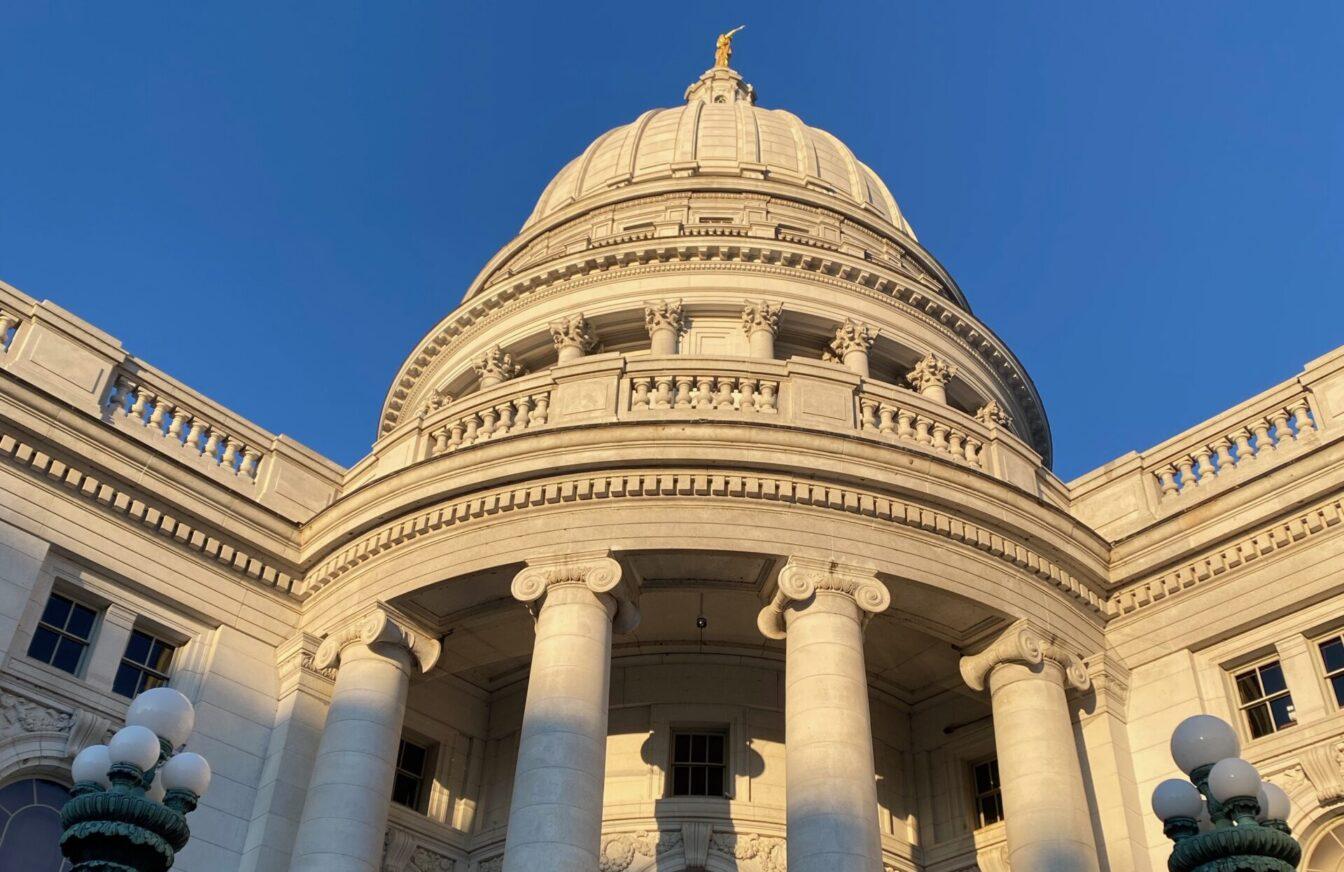Republicans of the Wisconsin State Senate released a bill proposal late August that could loosen child labor laws in the state of Wisconsin. If passed, children aged 14-15 would no longer need to obtain a work permit before seeking employment.
The bill hasn’t yet been formally brought to the Senate, but it is expected to be released in early September, according to the Wisconsin Examiner. But, Governor Evers would likely veto the bill if it passes through the Wisconsin Legislature, according to PBS Wisconsin.
Sen. Cory Tomczyk (R-Mosinee), Rep. Clint Moses (R-Menomonie) and Rep. Amy Binsfield (R-Sheboygan), who proposed the bill, said work permits needlessly and excessively regulate minors who are seeking work, according to their Co-Sponsorship Memorandum.
Tenant’s rights, responsibilities, resources guide
The bill aims to decrease excessive “red-tape” standing in the way of young people who are looking for employment, and follows in the steps of a similar bill that was passed in Wisconsin in 2017 eliminating the need for 16-17 year olds to produce a work permit, according to the memorandum.
While the proposed bill still maintains that businesses keep records that track the amount of hours minors are working, the elimination of work permits and state oversight could allow room for employees to skirt this requirement, according to PBS Wisconsin.
Child Labor Coalition Director of Child Labor Advocacy Reid Maki said eliminating work permits for 14-15 year olds would make it harder to crack down on child labor violations.
Work permits allow state agencies to verify employees’ ages and what types of jobs kids are hoping to take on, Maki said.
“There’s just a lot of information [on the work permit] and you remove that information, you damage the ability of enforcers to protect kids,” Maki said.
According to the 2023 “State of Working Wisconsin” report from University of Wisconsin affiliate Center of Wisconsin Strategy, unemployment is at a historic low while the number of jobs is at a historic high. The proposed bill aims to encourage young people to enter the workforce to prepare for adult life, according to the memorandum.
Illegal child labor has increased by 69% since 2018, according to the U.S Department of Labor.
In February 2023, the Department of Labor fined Packers Sanitation Services Inc., a food sanitation contractor based in Wisconsin, $1.5 million for illegally employing more than 100 children across eight states — with many of them working overnight or cleaning dangerous machinery, according to the U.S. Department of Labor.
Planned Parenthood Wisconsin to resume abortion services at two locations
Decreased regulations on child labor could result in young workers being exposed to harm or serious injury, former University of Wisconsin professor of social work Kristen Slack said in an email statement to The Badger Herald.
An increase in child labor could have adverse effects for Wisconsin teenagers, UW School of Human Ecology assistant professor Quentin Riser said.
Riser said current research on children in the workforce conducted by the Institute of Labor Economics found negative associations between student employment and educational opportunities.
“ … Student employment actually has more of a pronounced negative association with decisions, such as those to enroll in tertiary education,” Riser said.
Riser also said research published by the American Psychological Association found adverse relationships between children working and issues pertaining to getting sufficient sleep, exercising and taking leisure time.
Riser said a study published in the National Library of Medicine shows that marginalized and impoverished communities are shown to be affected at higher rates in surveys tracking negative outcomes for student employees.
But, a balance needs to be struck between proper regulation and giving children the opportunity to work, Slack said.
Slack said positive work experiences for children are essential, but so is protecting them from dangerous working environments.
“It’s also true that work can have benefits for many youths, stemming not just from the pay but also through learning fundamental skills valued in the labor force and in life” Slack said. “This is one of those issues in which two things can be true at once — some employers exploit youth labor and some provide generally positive work experiences.”













